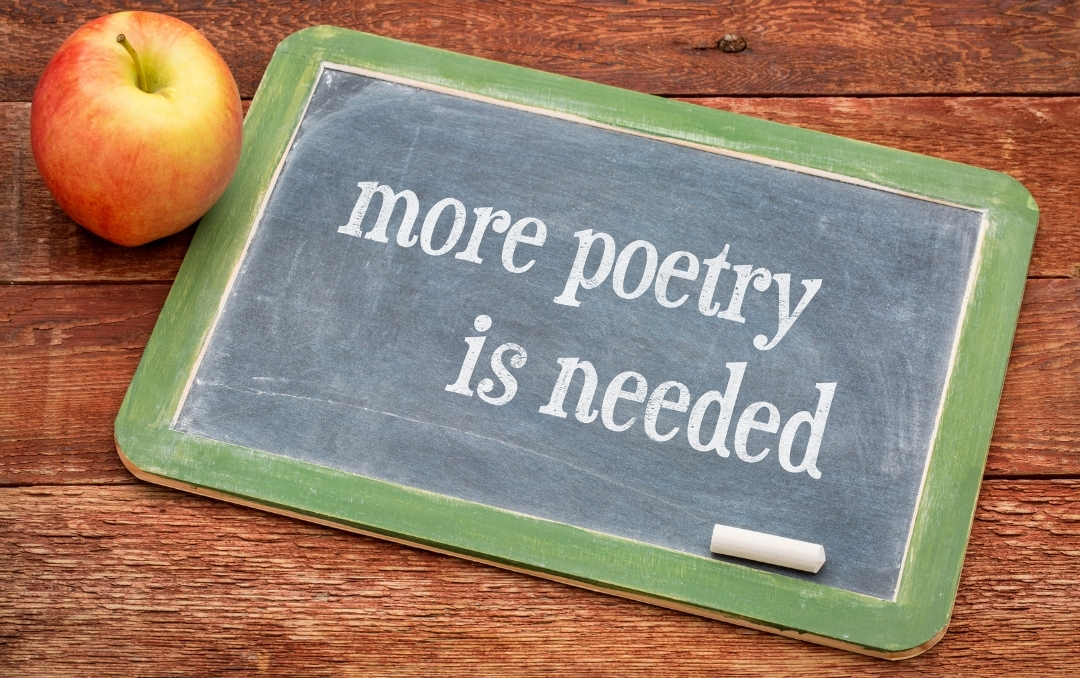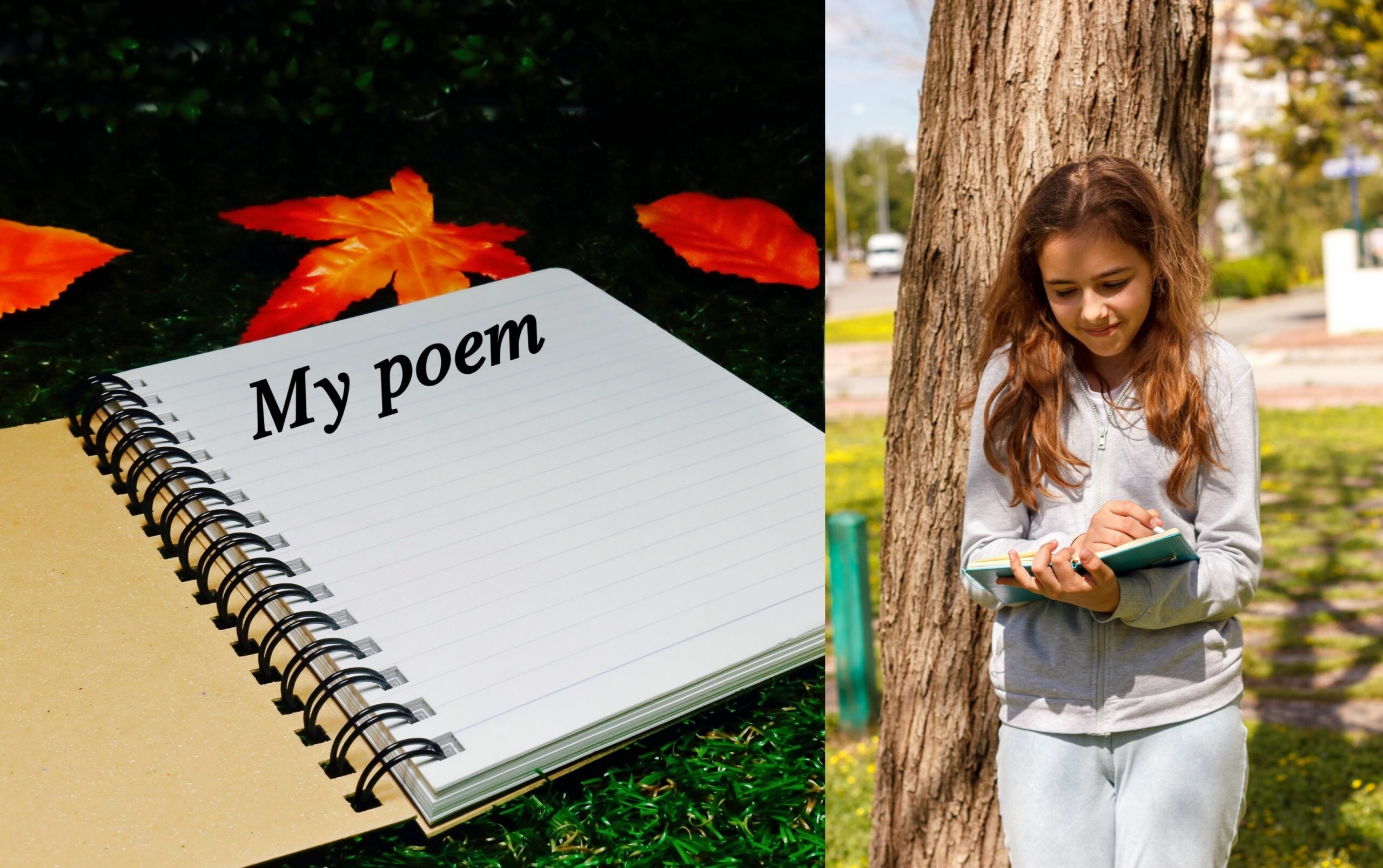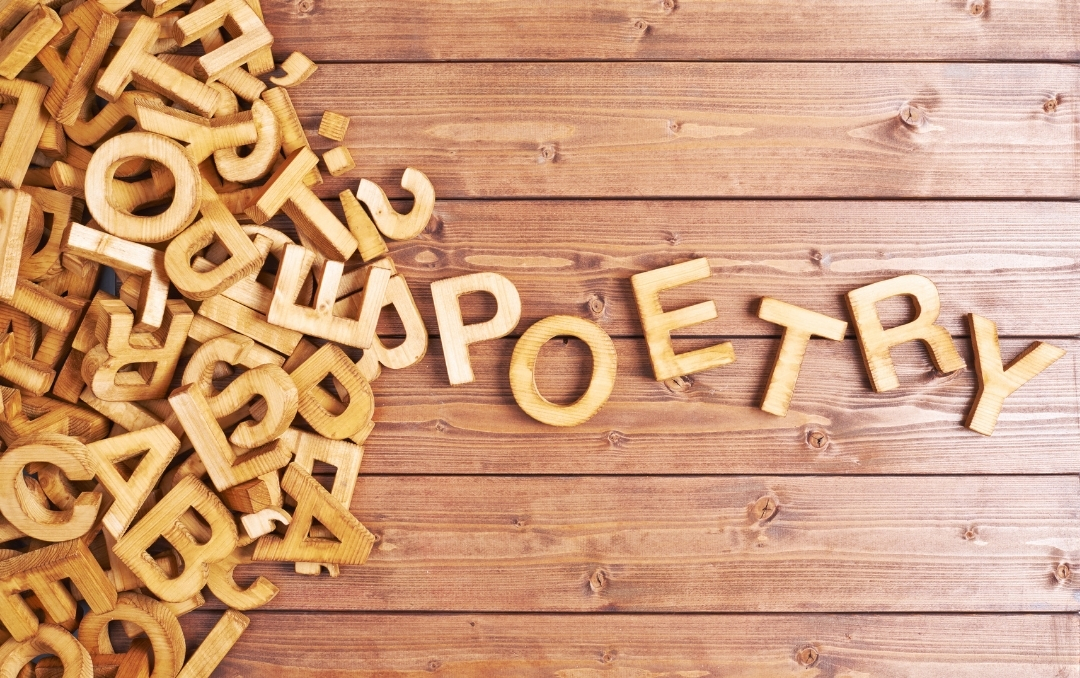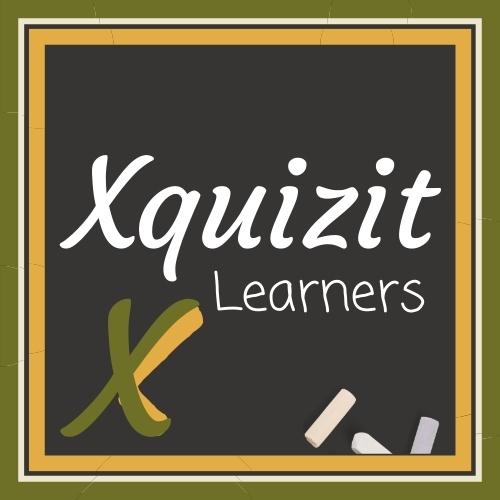Poetry activities to support reading skills

Poetry provides a way children can learn about how language works and a way to explore reading.
Poetry activities to support reading skills
Poetry presents many learning opportunities for children and can provide a way to explore language and reading. Children naturally pick up rhymes and rhythms from a young age, and they like to join in with stories which have repetitions and rhythm. Through exposure to different poems, children will learn that there are many forms, shapes and sizes of poetry and that it doesn’t always rhyme.
We are influencers for our children
As with anything, an adults attitude towards poetry can easily be passed on to children. A parent who actively reads poetry will promote poems positively. By the same token, teachers and parents who are confident with poetry and in teaching it are able to inspire young minds to embrace it. A poetry friendly classroom or home can enthuse and encourage a deep appreciation or love of poetry in a child.
So make sure your children see you actively reading poetry as well as other literature. It is best to read a wide variety of stories, non fiction and poems including anthologies to your children and widen their literary experiences. We are role models, who’s actions can make the difference between whether our children fall in love with literature or not.
What are the learning opportunities?
Poetry and rhyme are actually all around us if we open our eyes and minds to it. Songs have lyrics which, in parts, are essentially poems or rhymes to music. The rhythms and patterns help introduce children to reading skills. Many children’s story books have a rhyme element or rhythm and repetitive content.
Poetry is a great way to encourage children to write about their feelings and important events. These personal memories and experience can provide a perfect source of inspiration for a child to write their own poetry.
More ways you can promote poetry appreciation
There are so many ways to enjoy poetry. I’ve listed some ideas for activities you can enjoy together with your child or as a whole family.
• Poems need to be heard as well as read. They should be listening to poetry live or recorded and meet poets.
• Listening to poets read their own poetry, seeing live poetry and talking with poets about their writing can be inspiring for children.
• Explore a range of poetry books, watch videos of rhymes and poetry performances, and just have fun with the exploration and interaction with poetry.
• Ensure that they have a wealth of experience with poetry, and that they hear poems in different dialects or languages.
• A good place to start is with poems based on the child’s own experiences. Then they can begin to collect ideas and thoughts to write their own simple rhymes or poems related to their lives.
• Encourage your child to keep a poetry journal to record inspirations. These can be done with just drawings for younger children as well as writing.
• Bring poems to life by drawing and creating art inspired by the poem or a part of the rhyme or poetry.
• You can also bring poems off the page with acting and role-play.
• Children love to perform poetry they have learnt by heart. They can include visuals such as actions, pictures or clothing. They may even choose to put a beat or music to a poem they perform.
• Children can read poems and talk about what the poem means and give their opinions.
• Encourage them to talk about what they like and don’t like in a poem and why.
• Understand new vocabulary encountered.
• Make connections to their own lives or people they know.
• Choose a genre or piece of music which suits the poem. Is it slow/fast, loud/soft and which instruments might you hear playing?
• Find themed poems linked to your children’s interests or historical era’s e.g. Victorian poetry.
• Notice the patterns and rhythms of the words and lines in rhyming or non rhyming poetry.
• Experiment with rhymes or different types of poems and compose different types of poems themselves. e.g. Haiku, Acrostic, Limerick.
• Look at their favourite song lyrics and pick out the rhymes.
• Find the rhymes in their favourite rhyming book and maybe use them in their poetry writing. Can they think of any more words that may rhyme with them.
• Perhaps they could compose the next part of a poem. What do they think comes next?
• Make nonsense word poems or real rhymes using rhyming word family endings such as all (ball, fall).
• Make a book of their poem and illustrate it or make a book anthology collection of their poetry over time. Give your child’s book or published poetry a prominent place in the home.
Through hearing poems, children can learn about how language works. They see and hear how the words look and sound in rhyme patterns and in word families with the same endings eg. coat & boat. They also see how rhyming words look and spell as well as seeing the shapes and sounds of the letters. It helps reading and literacy skills through the poems patterns, syllabic beats, rhythm, rhyme, vocabulary, repetition, context and word play.
This is why I love poetry!
I hope you are inspired to try some new ideas that you found here. Who knows if you and your child may develop a new appreciation or deeper love of poetry.
Why not give it a try? Let me know how you get on, and if this was useful for you. I’d also love to hear about anything you need help with to support your child to
‘Xquizitely’ excel 😉
Talk soon,
Lisa



0 Comments